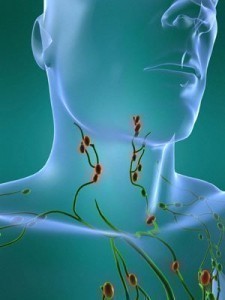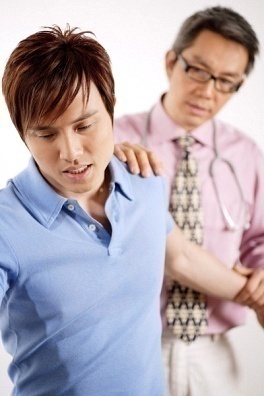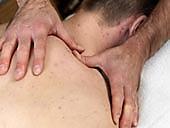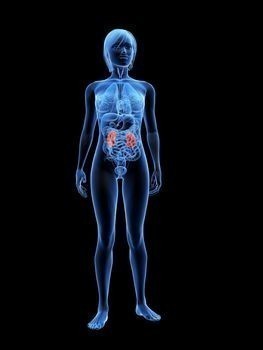Mercer Disease
Mercer Disease is a highly infectious disease caused by the bacteria Staphylococcus aureus. It is also known as MRSA which is an acronym for Methicillin Resistant Staphylococcus Aureus.
What makes mercer disease so dangerous is the fact that as its name suggests it is resistant to many antibiotics which are normally used to treat Staph Infections.
Symptoms of Mercer Disease
The usual symptom of the infection is a tender warm, red skin that shows the appearance of red round bumps resembling pimples or bug bites. Sometime there can be swelling and blisters, or boils with pus can also appear on the skin. Usually these symptoms are ignored as they are mistaken for spider bites.
If the patient has some open or surgical wounds, he/she may experience, severe pain and swelling around those wounds. Also some Furuncles (boils) and white headed pimples or carbuncles may start to appear around the hair follicles. Also the patient can experience some swollen lymph nodes in his/her armpits, groin or on its neck.
The infected person may also experience fever coupled with chills. He /she may also be nauseous. Also the patient may experience an acute pain in the muscles, bones as well as joints.
These symptoms may start to appear after the exposure to the infection. However the time it can take to spot the symptoms may vary anywhere between 1 to 10 days.
Some other symptoms that can also be spotted are vomiting, malaise, and lethargy. If the infection gets serious, the patient may get severe headaches. Also he/she can feel fatigue. However these symptoms may start at different points of time. This is because they highly depend on how and where the germs have spread. Often times these symptoms are miss-interpreted as lesser staph infections and it is not treated seriously. The person may then undergo treatment not suitable for the infection which causes more problems it is therefore important to look at symptoms carefully.
Causes of Mercer Disease
Because MRSA is a bacterium, it can be contracted easily. The bacteria is usually spread by someone that is carrying the disease, and when they get any of their bodily fluids (sweat, spit or blood) on any surface other people can come into contact with. The bacteria must have a place to enter into the body and go into the blood stream, so it can enter through cuts, scrapes, wounds or even areas of the skin that are weak or broken. The elderly are especially susceptible to MRSA due to their thinner skin, and people with psoriasis and eczema are also at a higher risk of contracting the bacteria.
MRSA is generally contracted in hospitals. This is because people in a hospital, generally, have a lowered immune system and they are being handled by a nurse who can carry the bacteria from an infected person to a non-infected person. There are many places for the bacteria to enter into the body when someone is in the hospital; such as through a surgical wound, a hole in the arm from an IV, a catheter, a break in the skin caused by a shot or any other area of the skin that is compromised due to the hospital visit.
Another place that harbors MRSA is the gym. People sweat at the gym, so if someone that is infected with MRSA sweats on a machine, and then someone else comes and sits on that machine and gets the sweat on their skin, the bacteria has the potential to enter in through the skin and cause an MRSA infection in that person. It is important that when you are at the gym, you wipe down all of your machines before you use them.
Treatment of Mercer Disease
An MRSA infection can often be treated successfully with topical treatments and by keeping abscesses drained.
There are however some antibiotics which can still effectively treat MRSA or mercer. This strain of bacteria is not yet resistant to Vancomycin among a few other antibiotics – It is hoped that these antibiotics will remain capable in treating mercer infection
For more information on Mercer Disease read:






